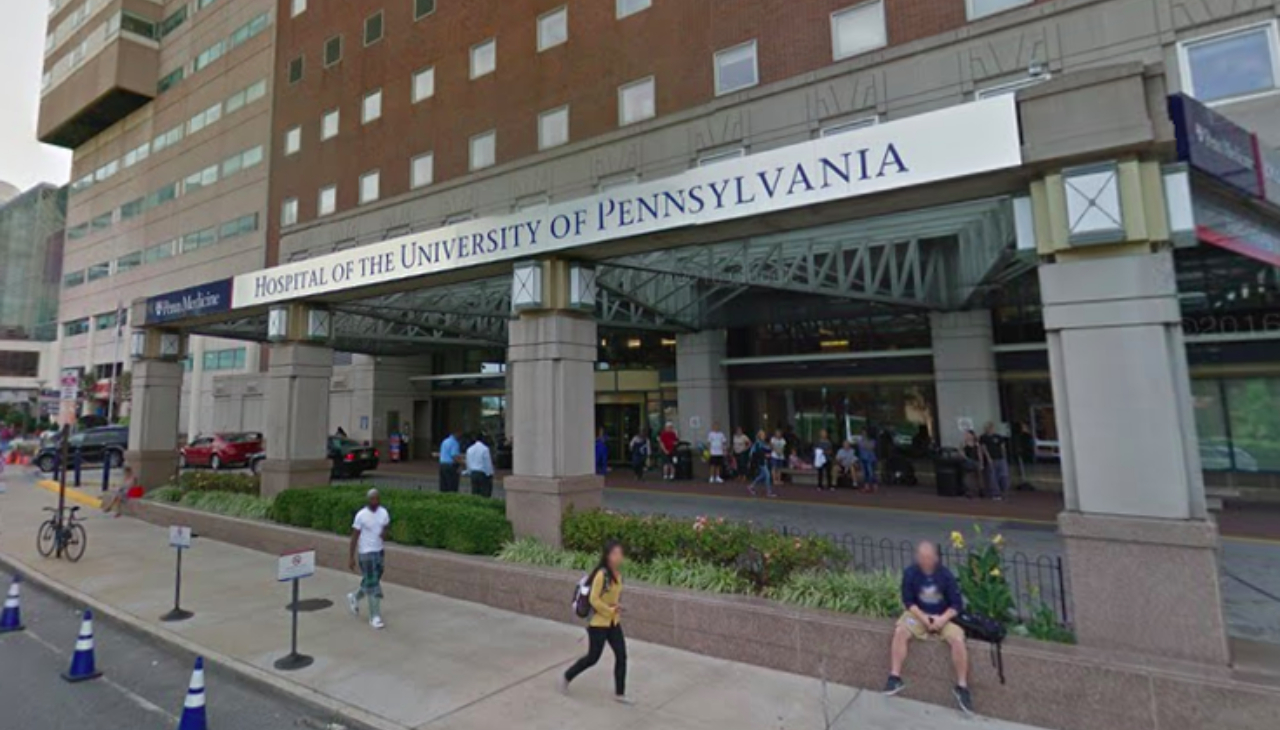
Residents and fellows at the University of Pennsylvania Health System are trying to unionize
If successful, they will be the first group of house staff to do so in Pennsylvania.
On Feb. 17, over 1,400 residents and fellow physicians at the University of Pennsylvania Health System asked the health system to voluntarily recognize their union.
They will be represented by the Committee of Interns and Residents (CIR/SEIU). CIR is a local of the Service Employees International Union (SEIU) and represents 24,000 house staff nationally. This makes it the largest union representing residents and fellows in the country.
Penn is the eighth group of residents to join CIR in the past 11 months, and if successfully unionized, will be the first unionized residency program in Pennsylvania.
Organizing efforts started early in the pandemic after the house staff were denied their usual cost of living increase. They further turned to unionization as a solution to issues they were having after months of unsuccessfully trying to advocate for better working conditions and improvement to patient care from hospital management.
“As residents, we have very little power to improve working conditions or address important patient care needs through the official channel. But through our union, we will have a seat at the table to push for changes we need to best do our jobs,” explained Dr. Jackson Steinkamp, a third-year Internal Medicine resident.
A culture of overworking, low pay, and a rising cost of living are leading residents to burnout, depression, and suicide.
“We chose to train at an academically rigorous and highly-respected institution, but we expect more from Penn than just a fancy name. We are human beings first and foremost,” said Dr. Chantal Tapé, a third-year Family Medicine resident.
RELATED CONTENT
She continued, “If we’re sacrificing our physical and mental health, our financial stability, and our personal relationships in order to provide care, that means our healthcare system is failing.”
Residents also believe that unionizing will help make progress towards health equity in West Philadelphia, where Penn’s main medical campus is.
The city has the highest disease burden in Pennsylvania and its citizens have the least access to basic needs, such as affordable childcare and good paying jobs.
Dr. Madison Sharp, an OB/GYN resident, said, “We serve one of Philadelphia’s most vulnerable patient populations, who already face huge obstacles to accessing care. We are deeply committed to our patients, many of whom have complex medical conditions. We do these patients a disservice when we are not provided with what we need to be the best doctors we can possibly be.”
The Penn residents and fellows would not be the first in the Philadelphia healthcare field to unionize. Both the Temple North Anesthesia Coalition (T-NAC) and Wills Eye nurses and technical specialists have ratified their first or new contracts in recent months.











LEAVE A COMMENT:
Join the discussion! Leave a comment.